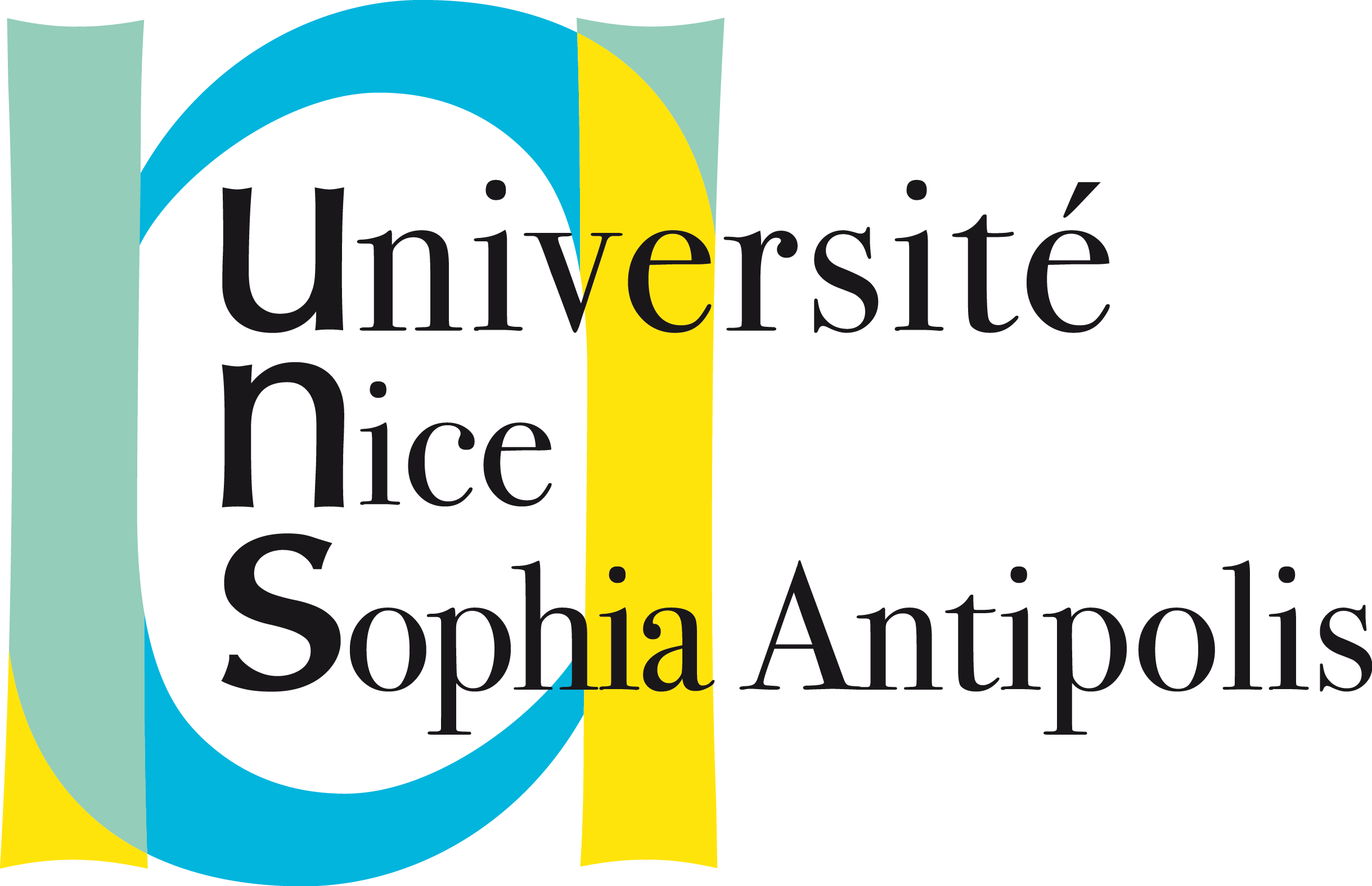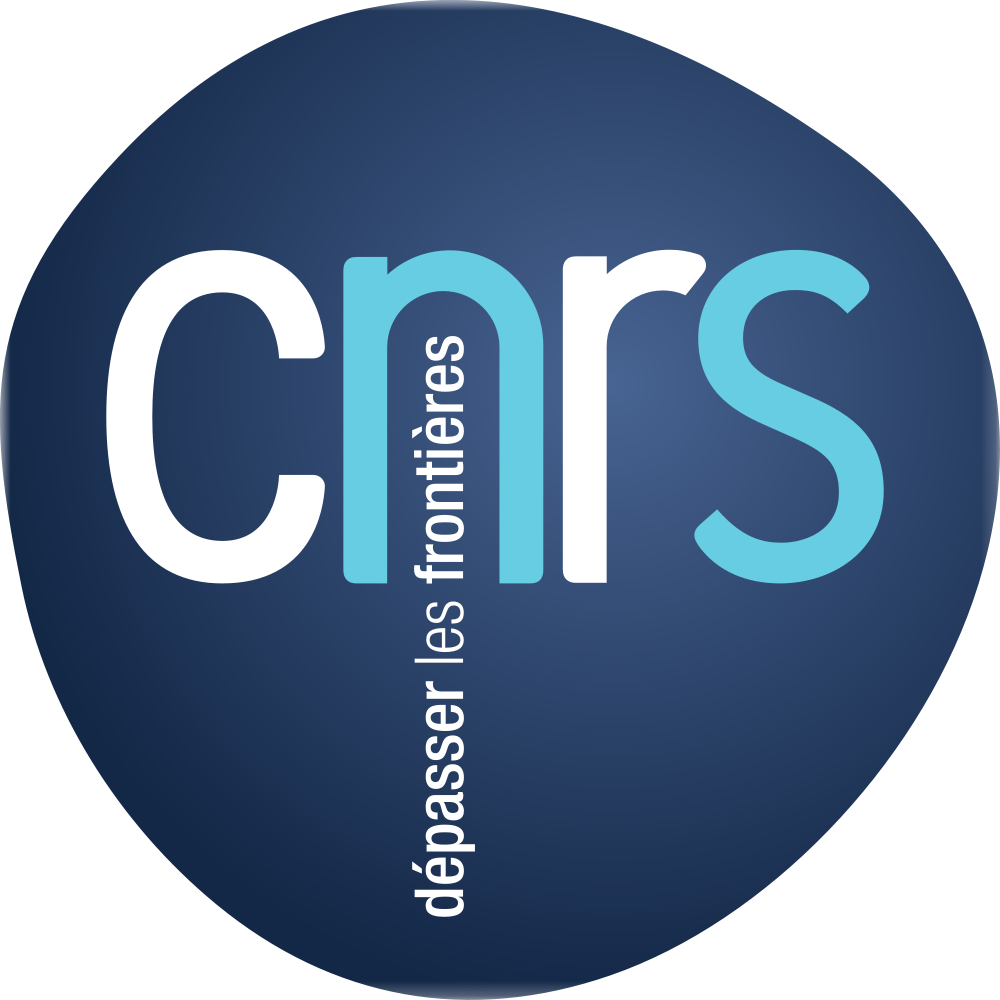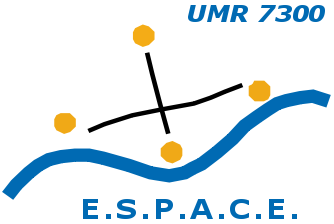|
|
Nice, 23rd - 24th April 2015
University Nice Sophia Antipolis
IMREDD
Mediterranean Institute for Risk, Environment and Sustainable Development
Nice Premium (4th floor), 1-3 bd Maurice Salma, 06200 Nice, FRANCE
Action TD1202
Accurate and timely maps are a fundamental resource but their production in a changing world is a major scientific and practical grand challenge. Remote sensing provides images for mapping at unparalleled rates but the ground reference data needed in map production and evaluation are difficult to acquire. The rise of citizen sensors (e.g. volunteers contributing information from remote devices) provides immense potential to radically change mapping. The quality of citizen sensor data, however, is highly variable and activity is uncoordinated. A major internationally recognised mapping challenge is how to deal with the vast amounts of image data and large bank of uncoordinated citizen sensors in a way to allow accurate mapping.
This Action will evaluate the utility of citizen sensors in mapping, debate means to encourage standardisation, coordination of activity and identify how mapping can proceed with imperfect data. It will produce protocols for the collection and use of volunteered data, encouraging good practices while not constraining volunteers.
The work is highly inter-disciplinary, at the interface of ISCH (Individuals, Societies, Cultures and Health), ICT (Information and Communication Technologies), TUD (Transport and Urban Development), ESSEM (Earth System Science and Environmental Management), FA (Food and Agriculture) and FPS (Forests, their Products and Services) domains, and benefits from expertise distributed across Europe. The Action provides a means to foster advances mainly via networking of typically disparate groups for broad benefit.
The Action straddles the amateur and professional communities engaged in aspects of map production and evaluation. A key focus is on making use of the vast amounts of geographical information available. For example, remote sensing provides images for mapping at unparalleled rates but the ground reference data needed in map production and evaluation are difficult to acquire.
The rise of citizen sensors (e.g. volunteers contributing information from remote devices) provides immense potential to radically change mapping. The quality of citizen sensor data, however, is highly variable and activity is uncoordinated. A major internationally recognised mapping challenge is how to deal with the vast amounts of image data and large bank of uncoordinated citizen sensors in a way to allow accurate mapping.
The overall aim of the Action is to increase the value of volunteered geographic information (VGI) provided by citizen sensors for mapping applications, with a particular focus on map production and map evaluation.
To do this the Action will
- help coordinate the activities of citizen sensors with particular regard to VGI data collection and dissemination,
- review the current status of VGI data in mapping, As well as clarifying the state-of-the-art, this activity will highlight strengths/opportunities of VGI data in addition to limitations/areas that need development for future research activity, and
- define protocols to help guide the producers and users of VGI data.
|
Themes of the Workshop
The overarching theme of the workshop is uncertainty in VGI. Over the past twenty years, the concept of uncertainty, which has historically had specific definitions in economic theory or in the theory of errors, has enriched thinking in other disciplines. In geography, the concept of uncertainty is an umbrella term covering various aspects of a fuzzy and uncertain knowledge, or even a lack of knowledge about the objects of study. Multiple research areas deal with the problem of uncertainty in our discipline:
- Imprecision and incompleteness of data and knowledge
- Uncertainty of spatial objects and processes
- Unknowability of the state (present or past) of a spatial system
- Unpredictability of its future state
- Problems related to the treatment, representation, or visualisation of uncertain spatial information and knowledge
- Subjectivity inherent in any geographical issue, etc.
Instead of being seen only in negative terms, uncertainty is now increasingly integrated by a growing number of geographers as an essential component of the produced knowledge. Formerly hidden or omitted in the geographical discourse, uncertainty becomes a key point in the approach of geographical research, theoretical or applied. The aim of the workshop is therefore to discuss the issue of the uncertainty, in its widest sense in VGI, and to involve the four working groups of the COST Action in the reflection on this important topic.
|
|
|







